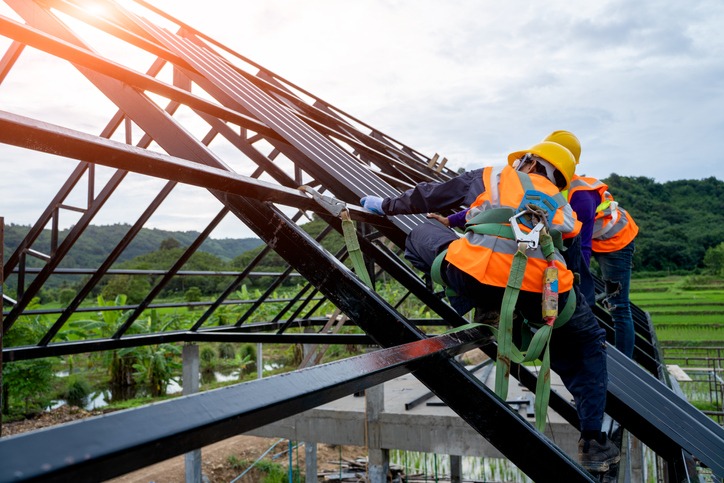Your home is one of the most important investments you’ll ever make. It’s where you live, work, and raise your family. But it can also be dangerous if you don’t know what to look for regarding safety hazards. For example, in the kitchen, you should always keep your knives sharp and away from young children. In the bathroom, use non-slip mats in the shower and keep things like razors out of reach. In addition, it’s important to check for electrical issues regularly.
That’s why we put together this list of common hazards and how to avoid them. Read on.
Electrical Hazards
It’s important to check your electrical system regularly for any issues and take precautions against electrical fires. As part of your regular maintenance, you should inspect outlets and switches for damage or wear and tear, especially if you see signs of arcing or sparking.
Avoid these mistakes when checking for electrical hazards:
- Don’t overload outlets and extension cords with too many appliances or devices.
- Don’t use frayed or cracked plugs, whether they are for power tools or household appliances.
- Keep extension cords away from water and other sources of moisture.
Carbon Monoxide
You can’t see or smell carbon monoxide, but it’s a leading cause of accidental poisoning deaths in the home. In fact, it’s estimated that each year, carbon monoxide poisoning kills more than 400 people in the United States.
Symptoms of carbon monoxide poisoning include headaches, dizziness, nausea and vomiting. If you experience these symptoms, get to fresh air immediately and call for medical help.
To prevent carbon monoxide poisoning, be sure to:
- Install CO detectors on every level of your home and outside sleeping areas.
- Make sure your detectors have battery backups in case of a power outage.
- Test your detectors monthly and replace the batteries at least once a year.
Fires
There are several things you can do to reduce the risk of a fire in your home, such as:
- Keep flammable materials like paper and fabrics away from heat sources like candles, stoves, and fireplaces.
- Never leave lit candles unattended.
- Don’t smoke indoors. If you do smoke, use deep, sturdy ashtrays.
- Have a qualified professional inspect and clean your chimney annually.
- Install and maintain smoke alarms on every level of your home.
Falling Objects
Falling objects are among the leading causes of injury in the home, especially for young children.
To prevent injuries from falling objects, be sure to:
- Secure large furniture items to the wall with brackets or straps.
- Install window guards or nets if you have small children in your home.
- Put heavy items on lower shelves.
- Use safety gates at the top and bottom of stairs.
Choking Hazards
Choking is a leading cause of death in children under five, but it’s also a hazard for adults. To prevent choking, keep small objects out of reach of young children and never leave them unattended while eating. Be sure to cut food into small pieces and watch closely while others eat. In addition, always supervise children while playing with toys and balls.
Poisonous Substances
Many poisonous substances in the home can be harmful if ingested. To prevent poisoning, be sure to:
- Keep cleaning products, chemicals, and medications out of reach of children.
- Store them in locked cabinets or high shelves.
- Use child-resistant packaging when possible.
- Never leave children unattended around pools, hot tubs, or other bodies of water.
- Keep plants out of reach of children and pets.
- Some common poisonous household plants include aloe vera, dieffenbachia, philodendron, and ivy.
Slips and falls
To prevent falls, be sure to:
- Keep floors clean and dry.
- Install non-slip mats in the bathtub and shower.
- Wipe up spills immediately.
- Use a step stool or ladder when reaching for high items.
- Wear shoes with good traction when walking on slippery surfaces.
- Get self levelling concrete floor installed by skilled professionals if necessary.
Final Word
By taking some simple precautions, you can make your home safer for you and your family. Be sure to check for hazards and take steps to prevent them regularly. Also, consult a reputable safety consulting company, such as Safety Management Group, for additional safety-related data and resources; they provide a variety of services and solutions to help you spot risks and develop an all-encompassing safety strategy. And if you ever have an emergency, always call 911 first. Good luck!

